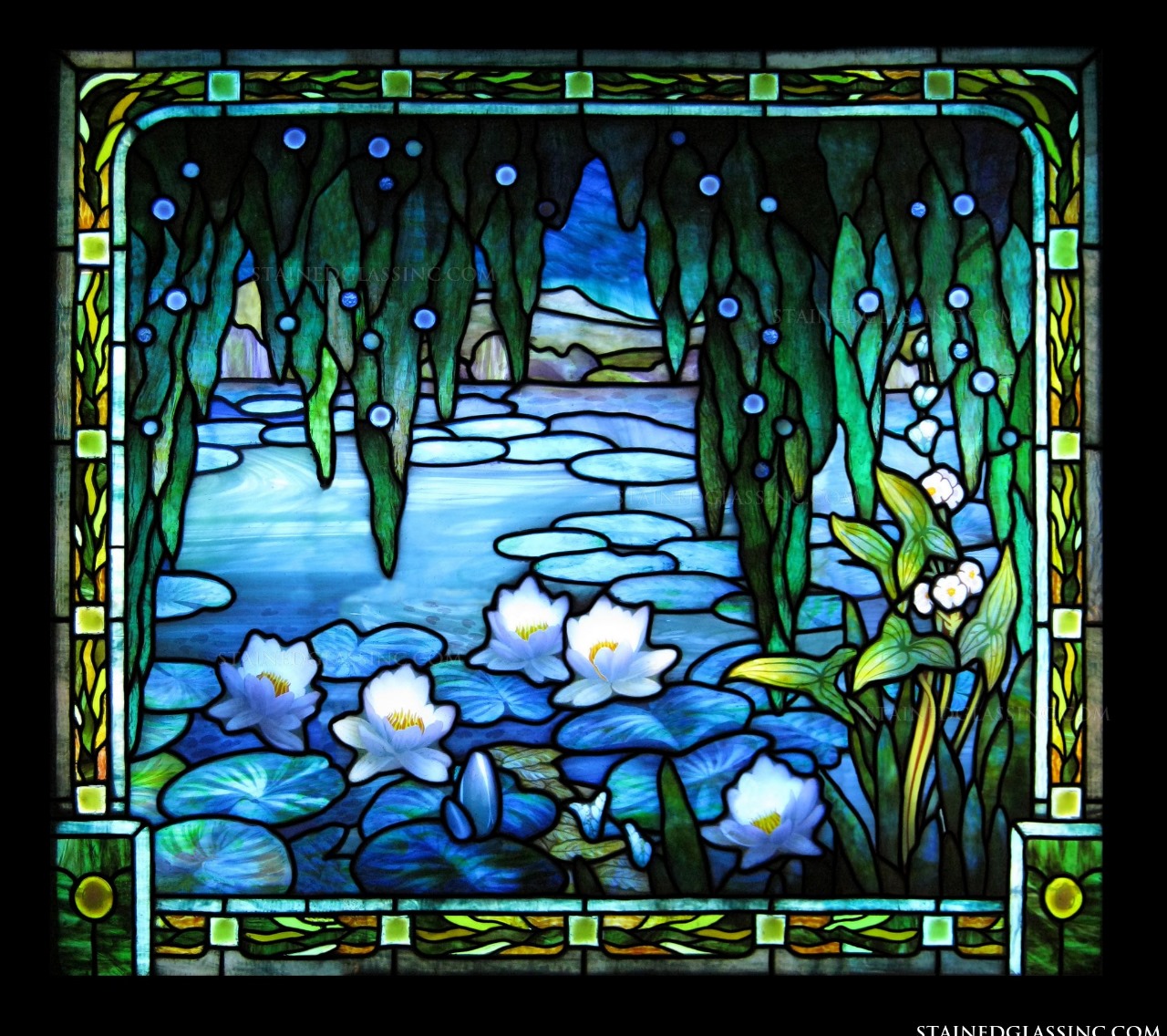Ecclesiastical stained glass, often found in churches, chapels, and cathedrals, carries deep religious, historical, and artistic significance. These pieces are not just decorative—they often tell sacred stories, honor saints, or commemorate significant events in religious history. When selling such works, choosing a Stained glass buyer who specializes in ecclesiastical art is essential to ensure accurate valuation, respectful handling, and proper placement.
Understanding Ecclesiastical Stained Glass
Ecclesiastical stained glass often features intricate designs, biblical narratives, and symbolic imagery crafted with precision. These works are deeply tied to the identity and heritage of their original settings. A qualified stained glass buyer understands both the spiritual and cultural context of these artworks.
Why Specialization Matters
Unlike secular stained glass, ecclesiastical pieces may have restrictions on resale, require specific preservation methods, and appeal to a more targeted audience. A stained glass buyer with ecclesiastical expertise will be familiar with these unique factors.
Qualities of a Stained Glass Buyer for Ecclesiastical Works
Proven Knowledge of Religious Iconography
A specialist stained glass buyer can identify saints, biblical scenes, and theological symbols, which often influence both historical importance and market value.
Experience with Preservation Standards
Ecclesiastical stained glass often requires careful cleaning, restoration, and climate-controlled storage. The right stained glass buyer will have access to conservators and appropriate facilities.
Established Connections in Religious Art Markets
A stained glass buyer specializing in ecclesiastical works will have contacts with churches, seminaries, museums, and collectors who value religious art.
The Appraisal Process for Ecclesiastical Stained Glass
Historical Context Review
A specialist stained glass buyer researches the original installation site, the artist, and the commissioning body to establish provenance.
Physical Examination
This includes assessing the condition of the lead cames, paint, and glass, as well as any past restorations.
Market Assessment
The stained glass buyer evaluates demand among religious institutions, private collectors, and heritage organizations.
Benefits of Working with an Ecclesiastical Art Specialist
- Respectful Handling – A stained glass buyer who understands the sacred nature of the work ensures it is treated with dignity.
- Accurate Valuation – Specialized knowledge results in fair, informed pricing.
- Targeted Sales Opportunities – Access to niche markets increases the likelihood of finding the right buyer.
Mistakes to Avoid
- Selling to a general antique dealer with no religious art experience.
- Overlooking the importance of provenance and original setting.
- Accepting an offer without comparing market options through an experienced stained glass buyer.
Conclusion
Selling ecclesiastical stained glass requires more than just finding a willing purchaser—it demands a stained glass buyer who appreciates the sacred, historical, and artistic value of the work. By choosing a specialist, you ensure accurate appraisal, respectful treatment, and placement in an environment where its spiritual and cultural significance will be preserved for generations to come.
